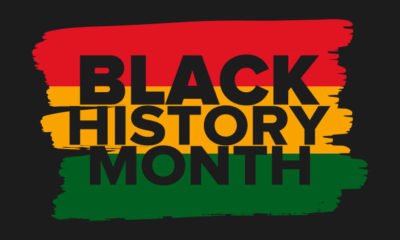
Black History Month in 2021 feels a little different. We’re still in the midst of a pandemic that has decimated communities of color across the country. We are still missing 10 million jobs. Too many people are out of work. Our nation is experiencing a racial reckoning. We are facing a unique opportunity to address the many inequities that are plaguing our economy.
And that’s why I think it’s fitting that we hosted Advancing Workforce Equity: A Blueprint for Action shortly after Martin Luther King Jr. Day and have spent much of Black History Month digging into the five blueprints at the center of that event.
This research documents the deep structural inequities that are found across the country. In fact, racial inequities in the labor market cost our nation $2.3 trillion in 2018. That’s a lot of money. That’s a lot of money not going into the pockets of hard-working people. A lot of money not going into communities in need.
Too many people think of equity as a zero-sum game – where helping someone comes at the expense of hurting someone else. But that’s just not the case. As Angela Glover Blackwell said in her keynote address, “By focusing on those who are most marginalized, most discriminated against, we’re actually able to improve things for all of us.”
Advancing equity is hard. It is messy. And the path ahead of us is long. But we are up for the task. We are getting to work.



